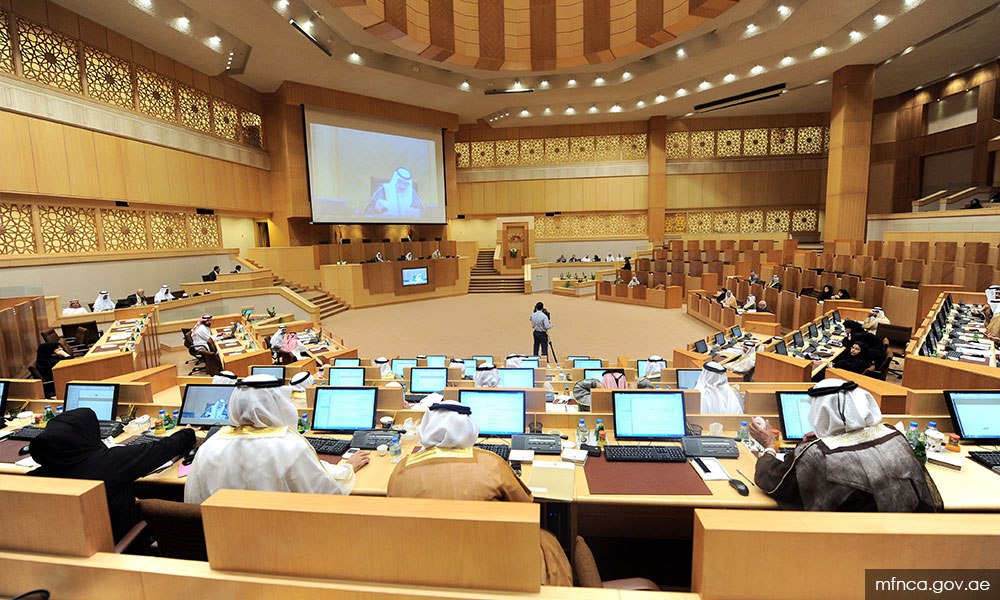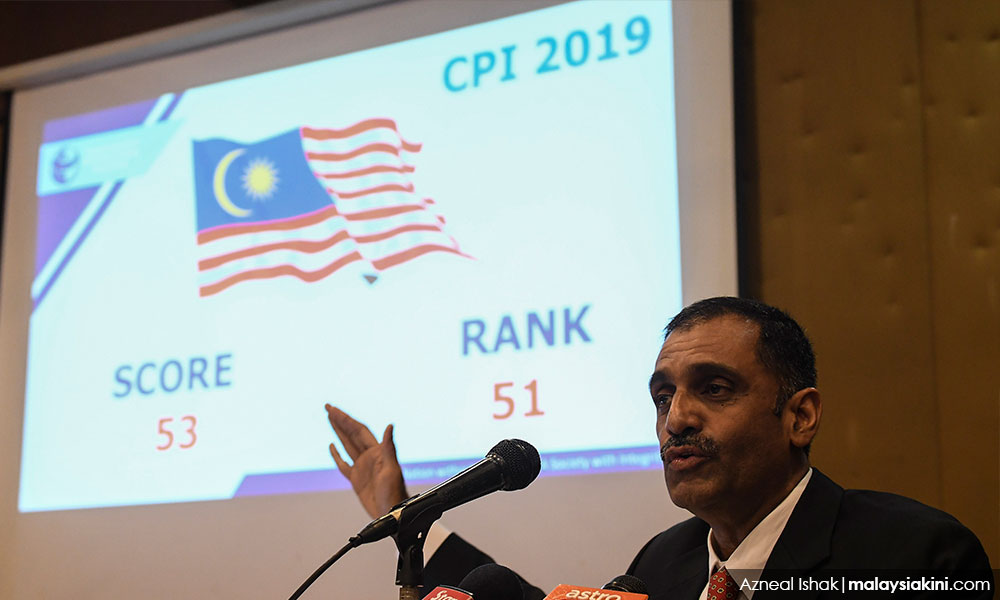COMMENT | The latest findings of the Islamicity Indices in 2018 show that Malaysia, despite being a Muslim majority country, is ranked 47th while topping the list are the non-Muslim countries with New Zealand as the crème de la crème followed by Sweden, Netherlands and Iceland.
The Islamicity Indices are indicators that measure how "Islamic a nation is in its governance and economic practices according to the Quran and the Hadith.
The research was primarily conducted with the aim to discover whether the "Islamic" nations (countries with large Muslims populations) truly internalise the Quranic principles on governance, economics, human and political rights, and international relations.
Unfortunately, the report found that they do not.
By comparison, New Zealand, with Muslims comprising approximately only one percent of the general population had the highest overall index score of 9.2 out of 10, with its economic practices closely mirroring the Quranic principles that had a score of 9, human and political rights score at 9.29 and law and governance at 9.58.
Emran El-Badawi, founding director of International Quranic Studies Association (IQSA) in the US and director of the Middle Eastern studies programme at the University of Houston, in reconciling these rather contradictory findings said that this is due to the liberal commitments of freedom and strong egalitarianism embedded in Western countries’ governance dynamics, which is in line with the Quran’s central theme, justice.
The Quran orders Muslims to deliver justice in all areas, “O you who have believed, be persistently standing firm in justice, witnesses for Allah, even if it be against yourselves or parents and relatives. Whether one is rich or poor, Allah is more worthy of both. So, follow not [personal] inclination, lest you not be just. And if you distort [your testimony] or refuse [to give it], then indeed Allah is ever, with what you do, acquainted (Q 4:135).

The highest-ranking Islamic country in the indices is the United Arab Emirates at 45th, scoring an overall index of 6.18. Whereas, Indonesia, the world’s largest Muslim-majority country scored an overall index score of 5.05 at 64th.
Meanwhile Saudi Arabia, historically viewed as a leader of the Islamic world, lands at 85th with an overall index score of 4.42, a score of 3.63 on its human and political rights and 4.96 on its legal and governance.
Yemen, an Arab country on the southern end of the Arabian Peninsula that has 98% of the population practising the religion, was the worst performer with an overall index score of 0.97, followed by Sudan with an overall index score of 1.25.
What does this survey tell us about Malaysia?
As stated before, it scored 47th place in the list with an overall index score of 6.02, with the lowest score of 4.66 on its human and political rights, 6.05 in its international relations, 6.39 in legal and governance, while the highest score is in economics – 6.99.
Perhaps, one can attribute the nation’s Islamic economic practices through being the pioneer in the global "sukuk" market development. This had precipitated the country becoming a global leading sukuk market with US$157.8 billion (RM650 billion) sukuk issued in 2019, compared US$60 million back in 2002 as well as over its policies in alleviating poverty.
Among the Islamic nations, Malaysia scored third place on the list, after UAE (45th) and Albania (46th).
Nonetheless, the key issues of Malaysia that had resulted in the country to be in the middle of the pack, rather than at the top of the Islamicity Indices are corruption and human rights.
As such, the long-running allegations of corruption was noted to be incredibly distressing during the conducted time period of the study (which was around 2018) that had resulted in regime change during the nation’s 14th general election (GE14), as well as due to the rising cost of living.
Hence, as a country with Islam as the state religion, what can we do?

First things first – by combating the key issues identified in the Islamicity Indices, which are corruption and human rights.
According to the latest study revealed by Transparency International (TI), an international anti-corruption watchdog, its Corruption Perception Index (CPI) shows that Malaysia has improved in the rankings when corruption is no longer a major issue in the country as acknowledged by the international organisation.
Interestingly, the index reflects a relation between corruption and justice such that more corruption leads to less respect for justice and the rule of law, such that New Zealand and Denmark topped first in the list with a score of 87 out of 100 (with zero as being highly corrupt and 100 being very clean from corruption), followed by Finland (86/100), Singapore (85/100) and Sweden (85/100).
In the Islamicity Indices, Sweden is in second position with an overall index score of 8.98, while Denmark is in the seventh position with 8.82.
As for the bottommost of the CPI list, it was Somalia (an Islamic country) with a score of 9/100, followed by South Sudan (12/100), Syria (also an Islamic country with a score of 13/100), and Yemen (15/100).
Therefore, this shows how paramount it is for countries to stay away from corruption due to its bad aftermath of inefficiencies over the allocation of resources that affects the whole spectrum of society and the stagnation over the overall economic development.
With the improvement in our CPI, the government can now focus on the perut economy (bread and butter issues), which is the main highlight of the Pakatan Harapan manifesto during the run-up to GE14.
According to Emir's Research inaugural poll conducted late last year, it was revealed that the top five major issues of the rakyat’s worry are:
- Mitigating the costs of basic needs;
- Enhancing the quality of living;
- Creating credible jobs;
- Ensuring affordable homes, and
- Enabling affordable healthcare.
However, this does not mean a total hands-off on monitoring on the issue of corruption and abuse of power.
As stated by Sri Mulyani Indrawati, former managing director and COO of the World Bank, the way out of poverty and corruption is paved with good governance – in which it’s in line with the Quranic teachings to stand firmly by justice in fighting corruption and bribery.
JAMARI MOHTAR and ALISSA AIZIZI are part of the research team at Emir Research, an independent think-tank focused on strategic policy recommendations.
The views expressed here are those of the author/contributor and do not necessarily represent the views of Malaysiakini.

